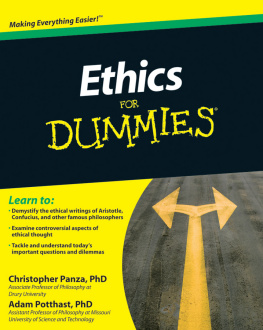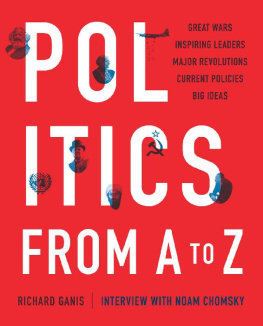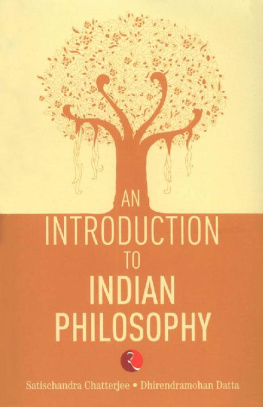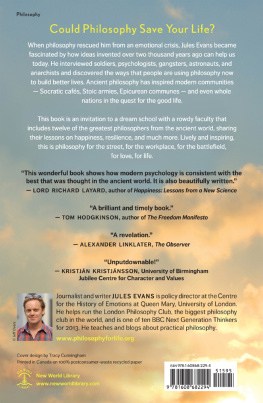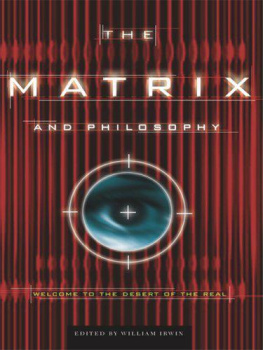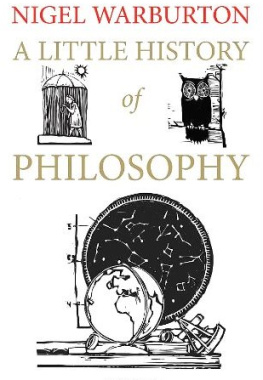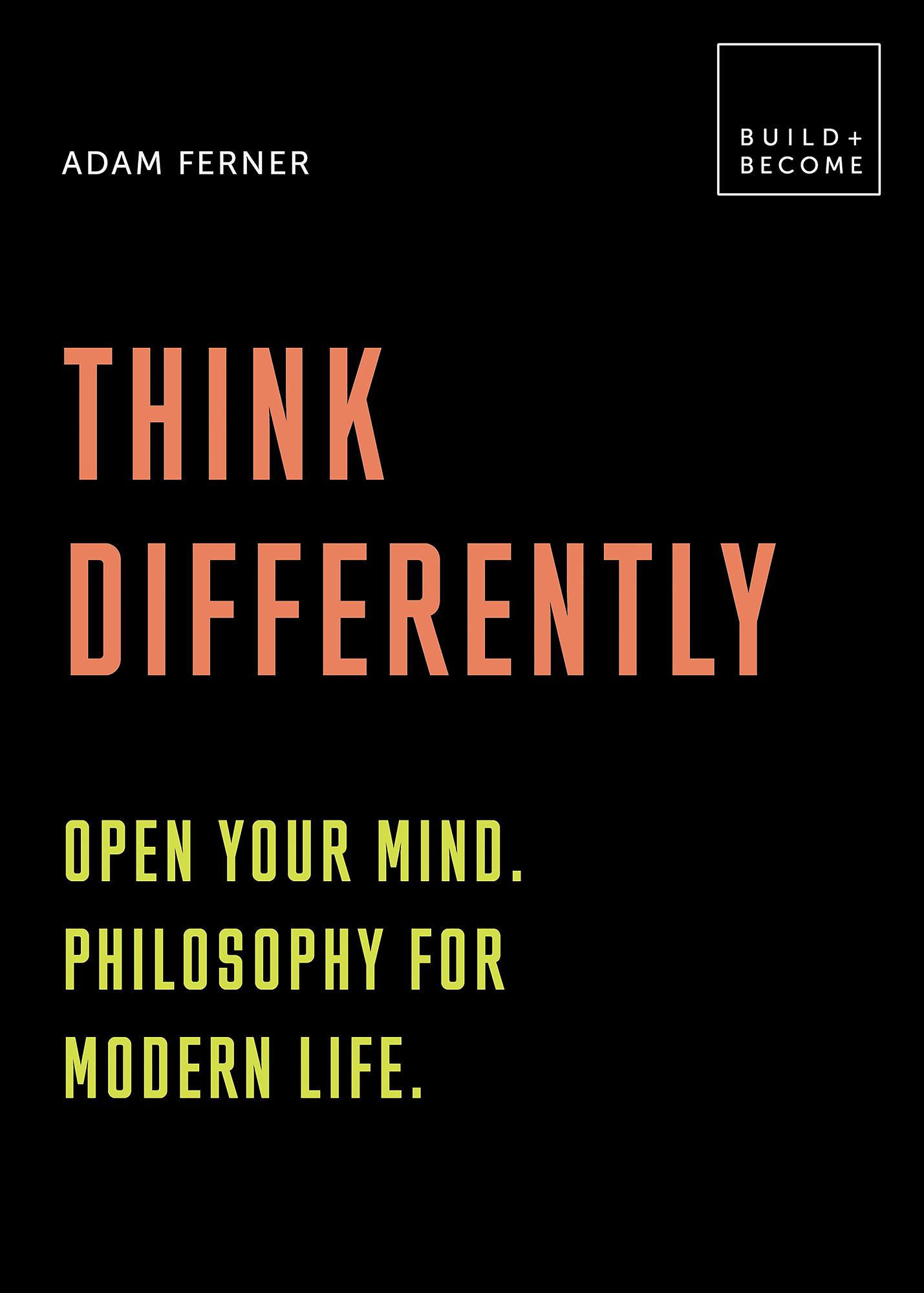THINK DIFFERENTLY
OPEN YOUR MIND.
PHILOSOPHY FOR MODERN LIFE.
ADAM FERNER

INTRODUCTION
Lets be honest: philosophy isnt very good at giving us answers. For literally thousands of years, philosophers have been asking the same old questions without producing any real solutions. Do we have free will? Is there an immortal soul? Some say kind of, some say probably not, but most people just shrug their shoulders.
This isnt a failing of philosophy, however. Some questions dont have hard and fast answers and often the philosophical shrug is the only appropriate response to the multiple confusions that emerge from our hodgepodge of existence. Philosophy isnt a matter of drawing up a list of whats true and whats not. Its about becoming puzzled in a useful way. Its about seeing complexity and embracing it. Thats the aim of this book too to help you become more puzzled, confused and fascinated by the world we inhabit, and the people we share it with.
There are five chapters in all, each split into four lessons. The first, People Skills, goes through various theories and thoughts about our personal encounters with other people. Is it ever okay to lie? Why do we argue? What does it mean to respect your parents? Chapter 2, Lifestyle, looks at our lifestyle choices and how we make them. Do you want to get married and have babies? How come? If youre a vegetarian, should you be a vegan? Is nut-cheese evil? The third chapter is called Self-Help and focuses on the self. Your self, my self what are these mysterious self things? What happens to them when you die? Are they the product of a particular political perspective? (Watch out, this chapter might be uncomfortable reading for those prone to existential angst.) Society is the theme for Chapter 4. It examines the way we split ourselves into groups along supposedly natural lines, and the invisible ideological forces that shape the ways we think. The fifth and final chapter, Recreation, covers hobbies and pastimes from horror films to computer games. Is it ever okay to enjoy fictional representations of violence? Is creativity learned or innate? And is Marmite objectively disgusting?
Each of these chapters uses work in contemporary epistemology, metaphysics, aesthetics and politics to examine everyday issues because philosophy shouldnt just be a matter of obscure logical problems and esoteric musings. It should be about our lives and about how we live them.
There is but one coward on earth, and that is the coward that dare not know.
W.E.B. Du Bois
HOW TO USE THIS BOOK
This book is organised into five parts and 20 key lessons covering the most current and topical debates of philosophy today.

Each lesson introduces you to an important concept,
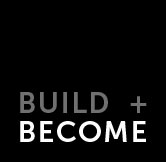
and explains how you can apply what youve learned to everyday life.

As you go through the book, TOOLKITS help you keep track of what youve learned so far.

Specially curated FURTHER LEARNING notes give you a nudge in the right direction for those things that most captured your imagination.
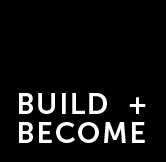
At BUILD+BECOME we believe in building knowledge that helps you navigate your world. So, dip in, take it step-by-step, or digest it all in one go however you choose to read this book, enjoy and get thinking.
LIKE THE SUGAR FROM A DONUT, PHILOSOPHY COVERS ABSOLUTELY EVERYTHING.
Arguments are essential for generating new ideas. So is it weird to think theyre oppositional?
Is it ever okay to lie? Can a lie be a victimless act? Immanuel Kant says no should we trust him?
We respect different things; laws, nature and people. Do we respect them in the same way?
It seems obvious that loyalty is a virtue and disloyalty is a failing. But just because somethings obvious doesnt make it true.
Morally as well as physically, there is only one world, and we all have to live in it.
Mary Midgley
In this chapter were going to look at what folk in management would call people skills: interpersonal relationships. How do we interact with others? And, importantly, can philosophy help us see better ways of doing so? The Lessons focus on ethical behaviours we exhibit and sometimes fail to exhibit in our day-to-day dealings with other people. Whether at home or at work, out shopping or on the bus, the way we interact with other human beings is unendingly fascinating. Even the most humdrum encounter can benefit from philosophical investigation.
Say youre arguing with your buddy over what to have for dinner pizza or curry? How are you arguing? And why? Are you open to having your mind changed?
What about if you want to call in sick is it bad to lie to your boss? Even if they dont find out, what happens when you corrupt the capital T: Truth?
And think of all the times youre told to respect your parents. Is this just parental propaganda? In order to know whether its sound advice, we have to work out what respect is, and when and whether its appropriate.
Loyalty is another issue. When our friends criticize us to other people, we think theyre being disloyal. We rarely stop to wonder whether what theyve said is justified. Maybe disloyalty isnt such a bad thing
In each situation, philosophical examination can help us understand whats going on, and whether it might be ethical or unethical, effective or ineffective. Each of the lessons can be read independently of the others, although there are not insignificant links between them. At the end of the chapter, well look at the lessons weve learned and start building our philosophical toolkit.
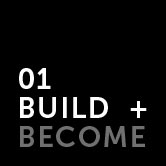
HOW TO ARGUE
Argument is a blood sport thats how many of us see it at any rate. We talk about engaging in a battle of wits, delivering killer blows or seeing fatal flaws in other peoples positions. When you describe the cut and thrust of debate, youre describing people stabbing each other which is, it must be said, pretty grisly stuff.
Of course, these are metaphors. Things might get heated, but you tend not to literally shoot down your opponent in the middle of a conversation. In fact, a lot of the time arguments are amicable; its not uncommon to actively enjoy the parry and riposte element, in the same way you might enjoy a game of ping-pong. And like competitive sports, we think of arguments as things we can win or lose. If youve prepared your defences well and speak with sufficient dexterity, you can vanquish your adversary. You can dazzle them with rhetoric, undermine their premises or simply shout them down. It doesnt much matter how you do it the aim, we think, is to triumph.


